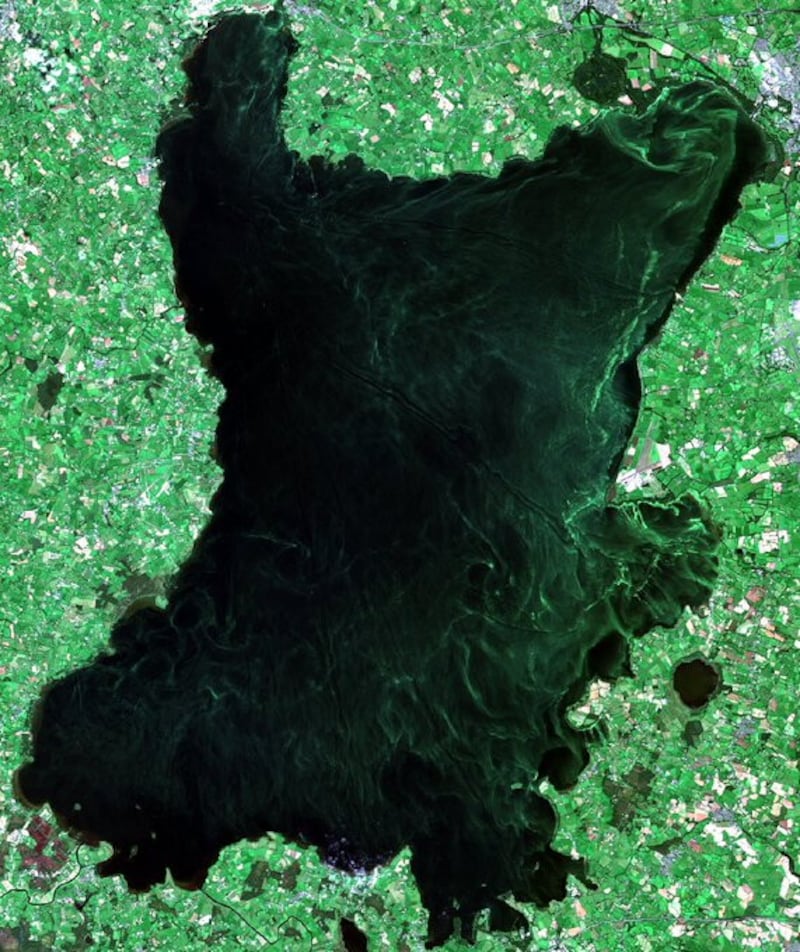Environmentalists have voiced disappointment at confirmation that the agriculture minister has no plans to increase sanctions against farmers who pollute waterways.
The Department of Agriculture, Environment and Rural Affairs (Daera) said Andrew Muir is “currently considering” the issue of penalties for breaches of cross-compliance regulations, which farmers must adhere to in order to qualify for government subsidies.
However, despite widespread problems around water quality linked to agricultural pollution, no immediate changes to the regime are expected.
Last week, in the wake of a slurry-linked fish kill in Co Antrim, Mr Muir’s Alliance colleague John Blair said his party supported “increased fines and penalties for polluters”.

Daera said there was “no upper monetary limit” for the most severe breaches of environmental regulations and said some farm businesses incur penalties of £50,000.
In 2022, The Irish News revealed that the then caretaker agriculture and environment minister Edwin Poots brought in new legislation that put a 15 per cent upper limit on the amount farm subsidies are reduced in response to cross-compliance breaches.

The DUP minister said it was a “much fairer approach to our hard-working farmers”.
The changes were introduced through a so-called negative resolution procedure, which doesn’t require an assembly vote.
According to Daera, Mr Muir has made the “environment, our water quality and Lough Neagh” his top priority.
“We must do everything we can to protect our water quality and use every tool we have including educating, regulating and when necessary, enforcing penalties or prosecutions,” a statement said.
The department said the current cross-compliance regime is due to be replaced in 2026 with a new set of standards, which will include a “new, simplified and more effective penalty system”.
It has also emerged that Mr Muir is giving “active consideration” to a controversial memorandum of understanding (MoU) between the Ulster Farmers Union (UFU) and the Northern Ireland Environment Agency, a body within his department, which saw officials adopt a more lenient approach to low level farm pollution.
Ahead of the agreement being signed in 2016, former environment minister Mark H Durkan said he had rejected the MoU on the grounds that it could have “bent the rules” on farm pollution.
Friends of the Earth regional director James Orr said he was “encouraged” that the minister had made Lough Neagh his top priority but said “words are not enough”.


“The pollution of our water requires immediate action to reverse the former minister’s decision to cap the penalty of polluters to just 15% of their subsidy payments,” he said.
“This has created a culture of immunity for polluters and it is impossible to reconcile concern for Lough Neagh with the failure to have an effective system of deterrence.”
Mr Orr called on the minister to “break the MoU” agreed with the UFU and establish an independent environmental protection agency, in line with a recent assembly vote.









